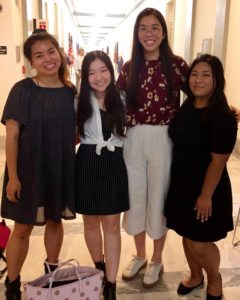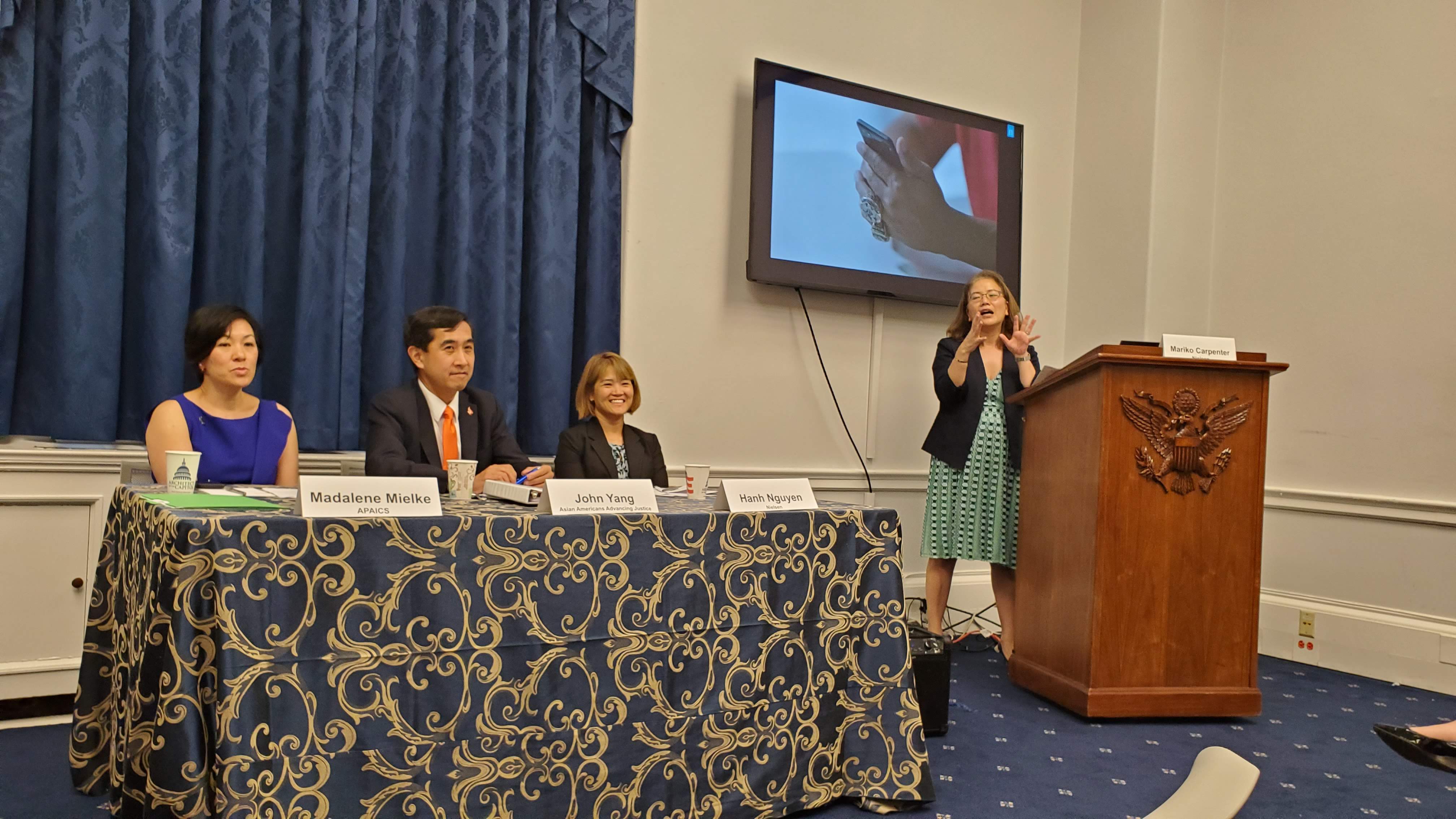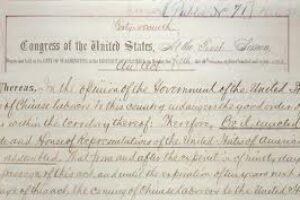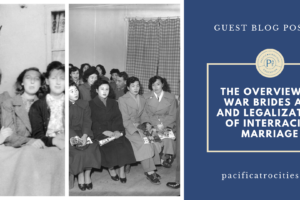On June 20th, the 1882 interns headed to the U.S. Capitol to attend a congressional briefing hosted by the Asian Pacific American Institute for Congressional Studies (APAICS). The briefing was centered on the recently released 2019 Asian-American consumer report by Nielsen, focusing on the theme of modern Asian-Americans consumers as “informed influencers and powerful purchasers”.

Congresswoman Grace Meng opened the briefing with a call to action. Although the panel focused on the buying power of Asian-Americans, Meng addressed the adjacent – and hugely important – issue of ethnic representation in the upcoming 2020 census. The importance of the census was framed by its huge potential impact on how companies interact with their consumers, and the subsequent urgency of the citizenship question issue. Meng emphasized that the results of the census have impact on all levels of political process, and to tie it to a political agenda is to defeat the census’s purpose of serving all American peoples, including the immigrants that the inclusion of such a question would discourage from answering. Meng served to remind us that it is the job of all to help fight the politicalization of the census: the activist, to fight the inclusion the citizenship question, and the everyday person, to make sure their voice is represented.
Vice President of Strategic Community Alliances at Nielsen Mariko Carpenter served as the moderator, and followed up Congresswoman Meng with a more technical summary of the findings of the report, emphasizing the idea that “Asian-Americans are made of buying power”. She cited several factors that contributed to this, including larger households, higher rates of post-secondary education, and higher incomes on average. Outside of demographic makeup itself, Carpenter also stressed the power of the exponential growth of Asian-American representation in mainstream media, such as Crazy Rich Asians and the more recent Netflix film Always Be My Maybe. Our intern team got a fun shout-out when Carpenter mentioned K-pop band BTS as a huge media influencer, and mentioned she noticed some smiles from our row of seats.
The panel then opened up to broader themes and ideas adjacent to the census. Senior Data Scientist at Nielsen Hanh Nguyen pointed out the obvious but oft-forgotten fact that in order to cater to a certain population’s needs, both corporations and governments must know that they are there, a fact that can only be communicated through the census. The problem, however, lays in ensuring Asian-Americans make their voices heard. Carpenter used the example of an Asian-American household that might choose not to participate if their parents were living with them but were not listed on their lease. While this information would be highly protected in the census, the need to disclose the information at all could discourage participation. In response to this, the panel discussed community education and how an advocate can help show immigrant communities to both not be wary of the census and educate on its importance. Panelist John C. Yang from Asian-Americans Advancing Justice (AAJC) helped explain on how just one individual can serve as a trusted community voice, especially in the field of quelling distrust, ending by stressing the importance of bringing out as many voices as possible, saying “if we don’t participate, they win.” Encouraging their communities and helping produce a representative census is more than just right, it’s a duty. The movement towards a majority digital census also encourages participation, as Carpenter noted that Asian-Americans are part of the most digitally connected of all minority groups.
To me, this congressional briefing was for the most part eye-opening. While I had heard peripherally of the issues regarding the citizenship question, I had never stopped to think about the implications for the Asian-American community, and what these effects could look like when manifested in our day-to-day lives. Nguyen shared an anecdote about a real life difference she had noticed as a result of a representative census: Fairfax, VA, with a significant Asian-American population, has a Costco where she was able to find bulk goods like kimchi and Asian-style packaged noodles, whereas she was unable to find these at an equivalent Costco in Silver Spring, MD. While this was obviously a more frivolous observation of a potential outcome of the census, I was struck with how this issue of minority representation that seemed so beyond everyday life could affect even the most mundane of instances. Nguyen led this observation into other areas of need for community resources, such as medical interpreters at hospitals, ESL education at public schools, and so on. While they may seem superficial, things like Asian supermarkets and restaurants are indicative of greater attention to the needs of ethnic communities.
On June 27th, the Supreme Court ruled on the controversial citizenship question, deciding that while they had the right to fight for the inclusion of the question, the argument that the Commerce Department came forward with lacked justification. Just a few days later, however, the Justice Department stated that despite the ruling and the upcoming printing deadlines, they would continue to look for ways to include the question, on orders from President Trump. While the fight against the inclusion of the citizenship question is long and arduous, it’s clearly an important Asian-American issue that will impact the community at large.



